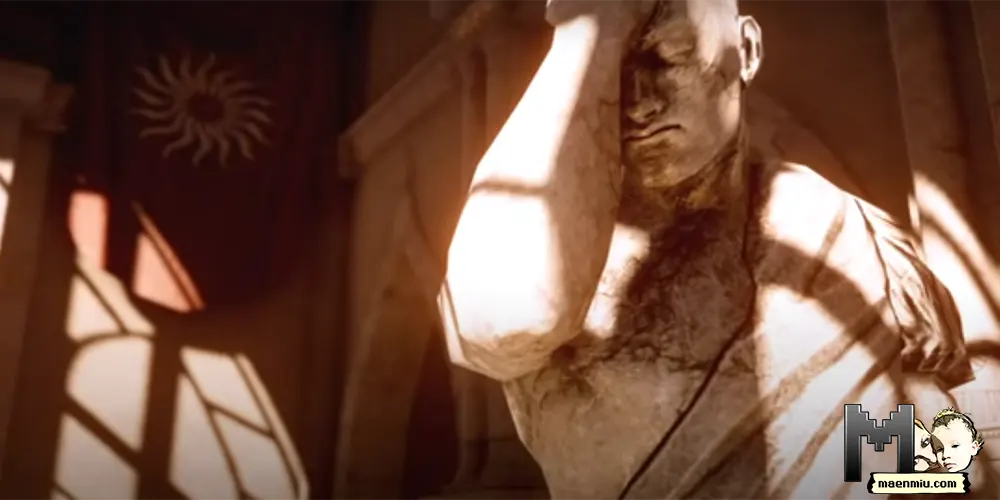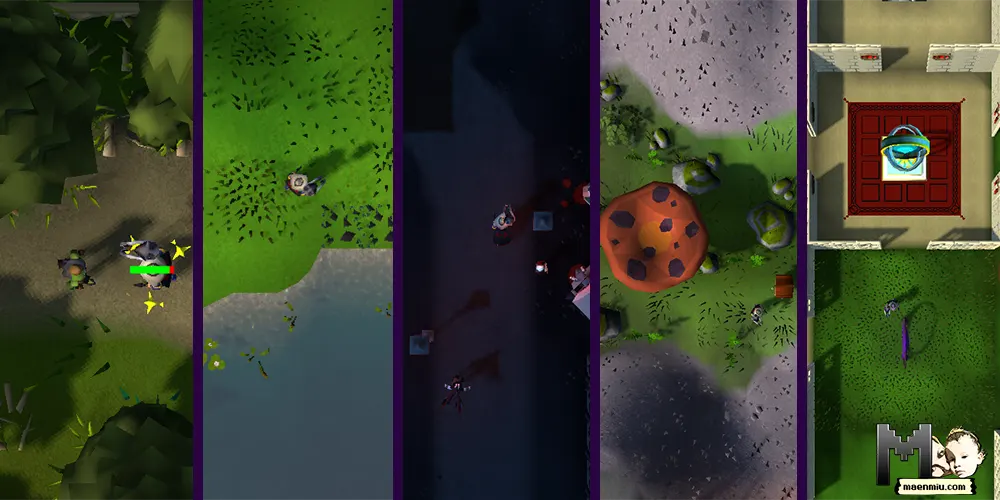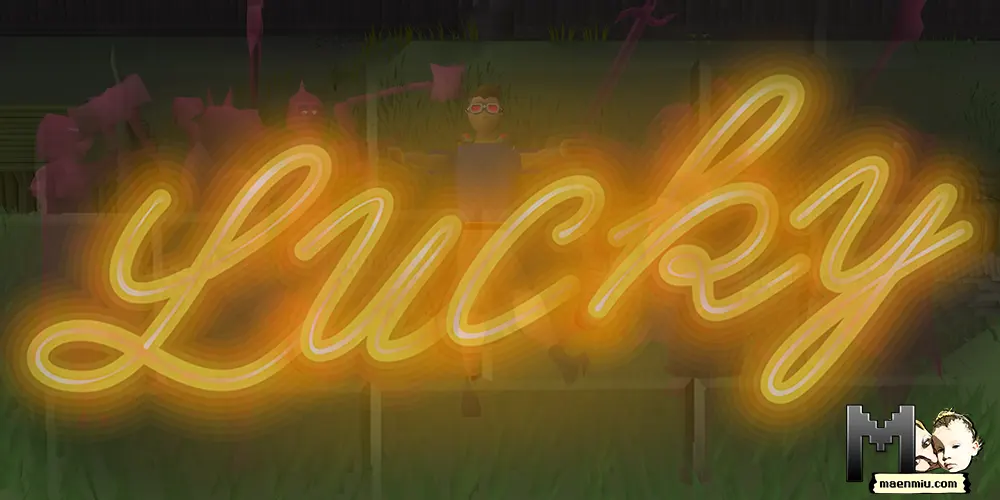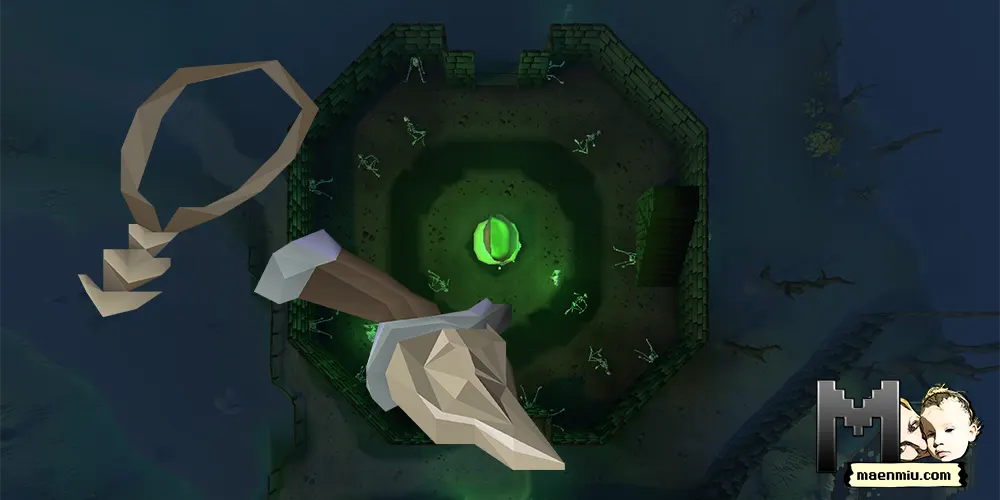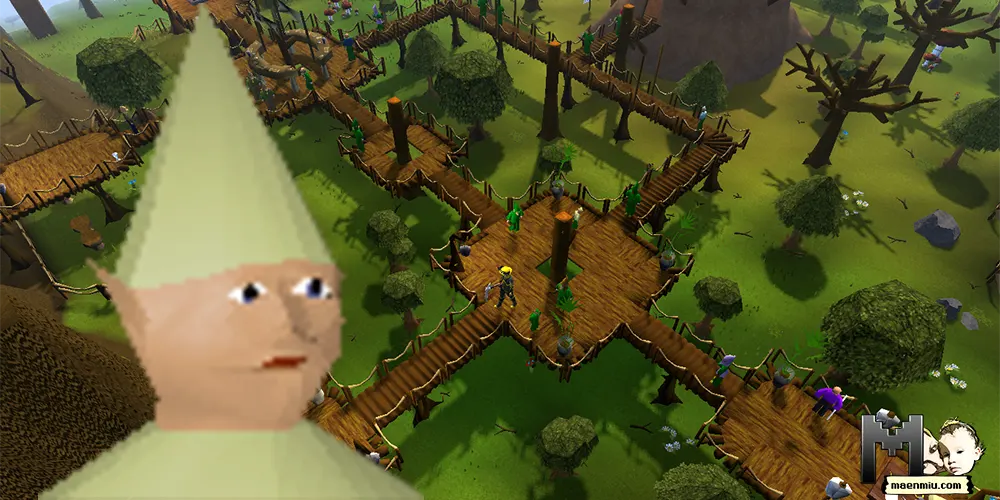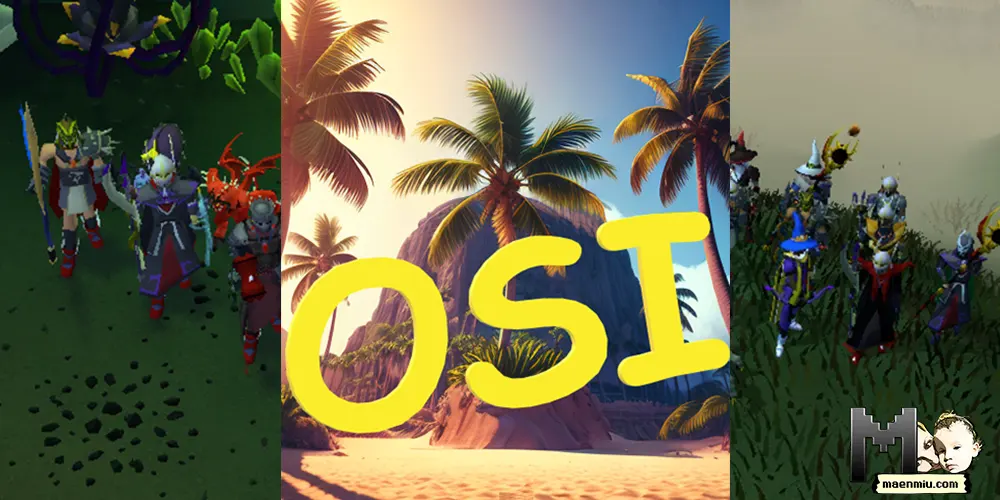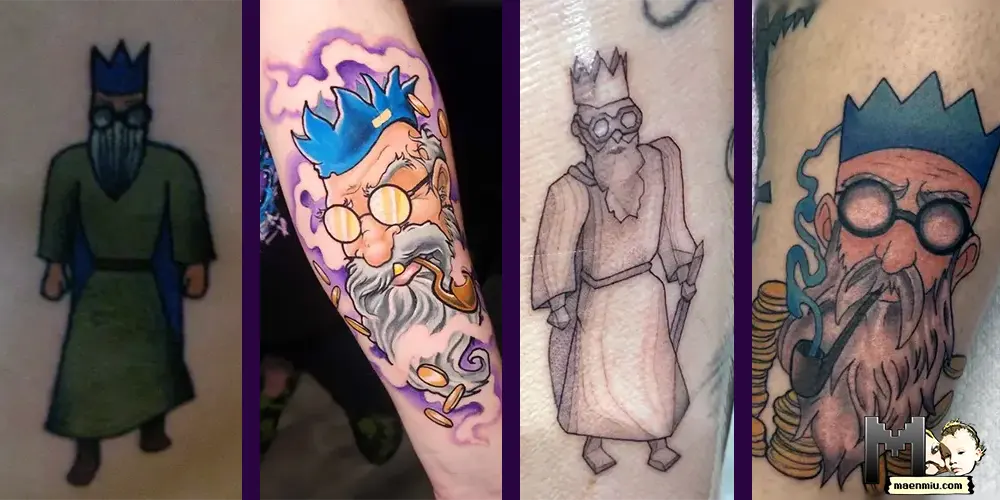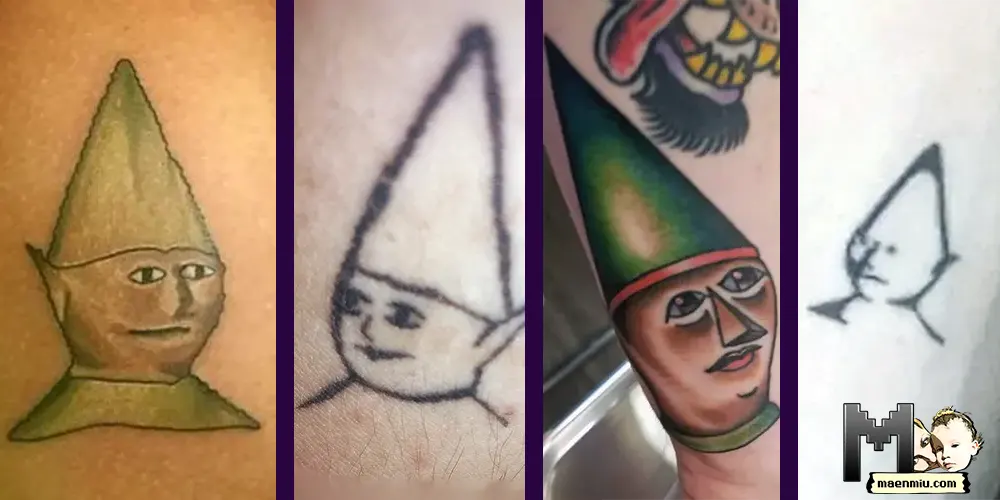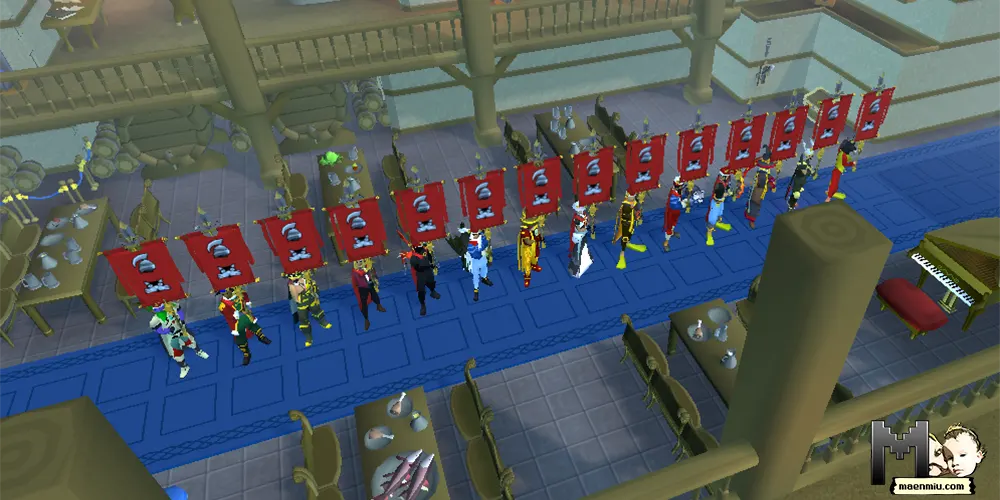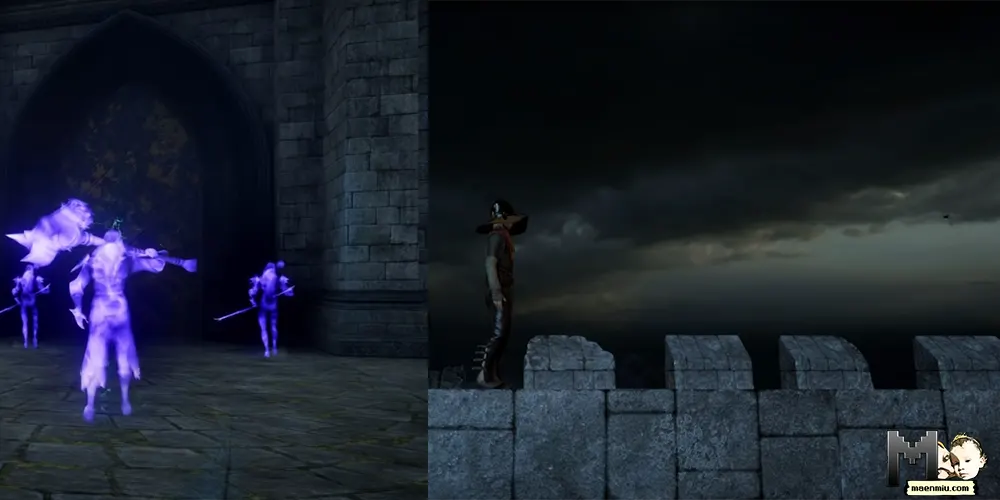
The philosophical concept of Cartesian Dualism, as proposed by Rene Descartes, has permeated many realms of thought and creativity, even inspiring elements of the popular video game series Dragon Age. Descartes’ idea of a distinct separation between mind (immaterial) and body (material) can be likened to the portrayal of spirits in the game’s realm known as the Fade. This article aims to delve into the intriguing parallels between these seemingly disparate domains – a centuries-old philosophical doctrine and a modern-day fantasy video game.
You might like
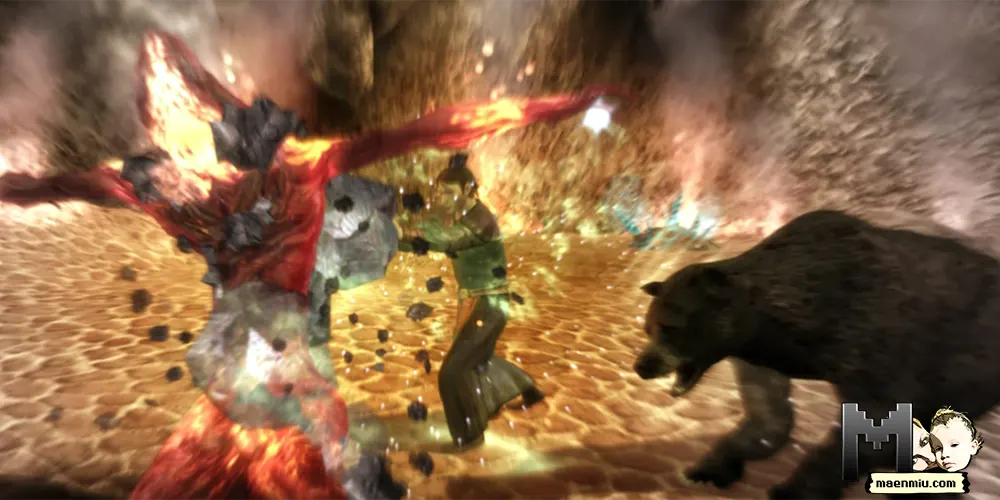
Cartesian Dualism
Rene Descartes, a prominent figure of 17th-century philosophy, introduced Cartesian Dualism as a groundbreaking view of human existence. This theory posits a strict distinction between the mind – representing thought, consciousness, and the immaterial – and the body, symbolizing the physical, tangible world. According to Descartes, these two entities, while intrinsically linked, are essentially different, a concept that provoked much debate and left a lasting influence on philosophical and scientific discourse.
Spirits of the Fade
In BioWare’s Dragon Age series, the Fade is a metaphysical realm inhabited by spirits, echoes of mortal dreams, and memories. These spirits are not simple ethereal beings but embodiments of distinct concepts and emotions, such as hope, compassion, or rage. This conceptualization presents an interesting parallel to Cartesian Dualism, with spirits representing the immaterial aspect of existence. Their interactions with the material world – the world of living beings – shape the narrative and moral decisions within the game.
Unearthing the Parallels
The concept of spirits in the Dragon Age series seems to be influenced by the mind aspect of Cartesian Dualism. They symbolize the non-physical, immaterial elements of existence – thoughts, feelings, and spiritual inclinations, just as Descartes’s philosophy proposed. Similarly, the Fade and the physical world in Dragon Age may be seen as mirroring Descartes’s idea of separate domains for the mind and body. The Fade is a metaphysical space where spirits and concepts exist, much like the realm of the mind in Cartesian Dualism, while the physical world, filled with tangible realities and corporeal beings, is akin to Descartes’s body domain.
Philosophical Gameplay
The dichotomy between the immaterial spirits of the Fade and the material world profoundly impacts Dragon Age’s gameplay and narrative. The player’s understanding of spirits’ essence and their moral alignment can shape the choices they make and the alliances they form. Characters like Cole, a spirit of compassion who has taken a physical form, raise compelling questions about the nature of existence, further reflecting Cartesian ideas. Player interpretations and responses to these philosophical underpinnings have become a crucial part of the Dragon Age community’s discourse, emphasizing the philosophical depth that video games can offer.
From Philosophy to Fantasy
This exploration into Cartesian Dualism’s influence on the conceptualization of spirits in Dragon Age offers a compelling perspective on how philosophical theories can permeate modern media, even video games. It elucidates how such an abstract concept can add depth and intrigue to a game’s narrative and moral dynamics. As video games continue to evolve as a storytelling medium, we can anticipate even more sophisticated incorporations of philosophical doctrines, enriching our virtual experiences and sparking profound conversations.
I created this article with the partial assistance of an AI tool. Learn about my view on AI and why I’m telling you about it.

